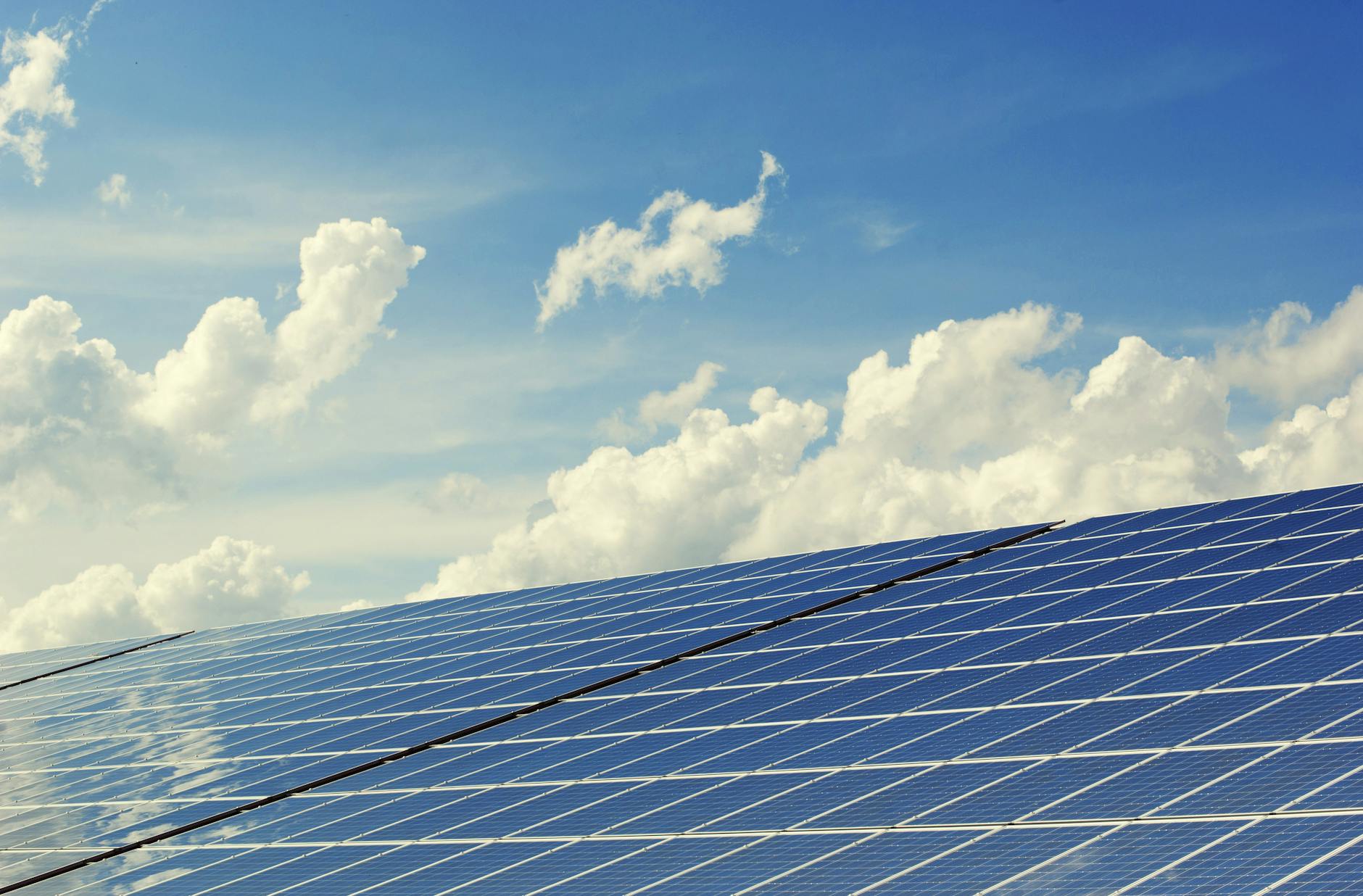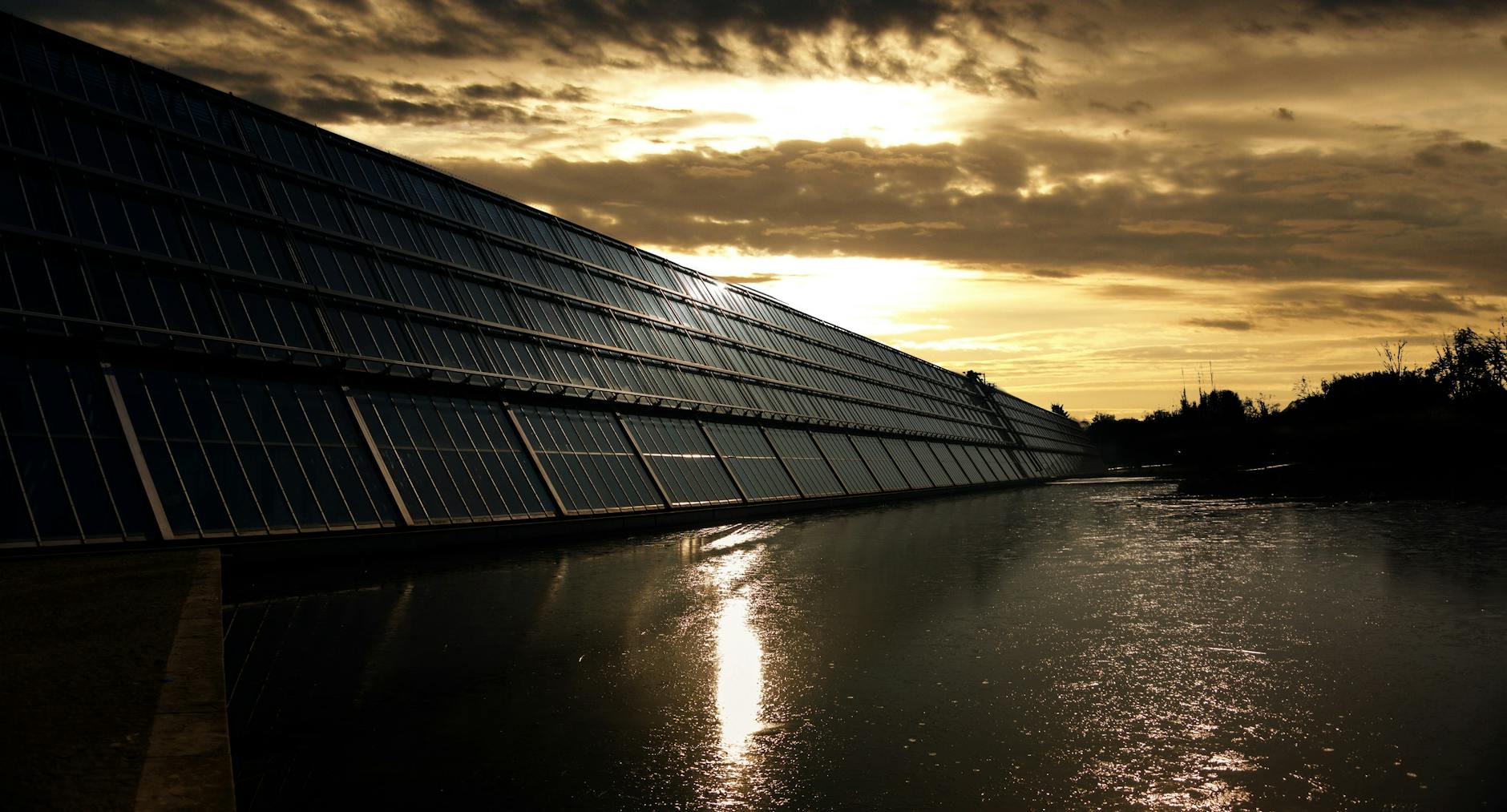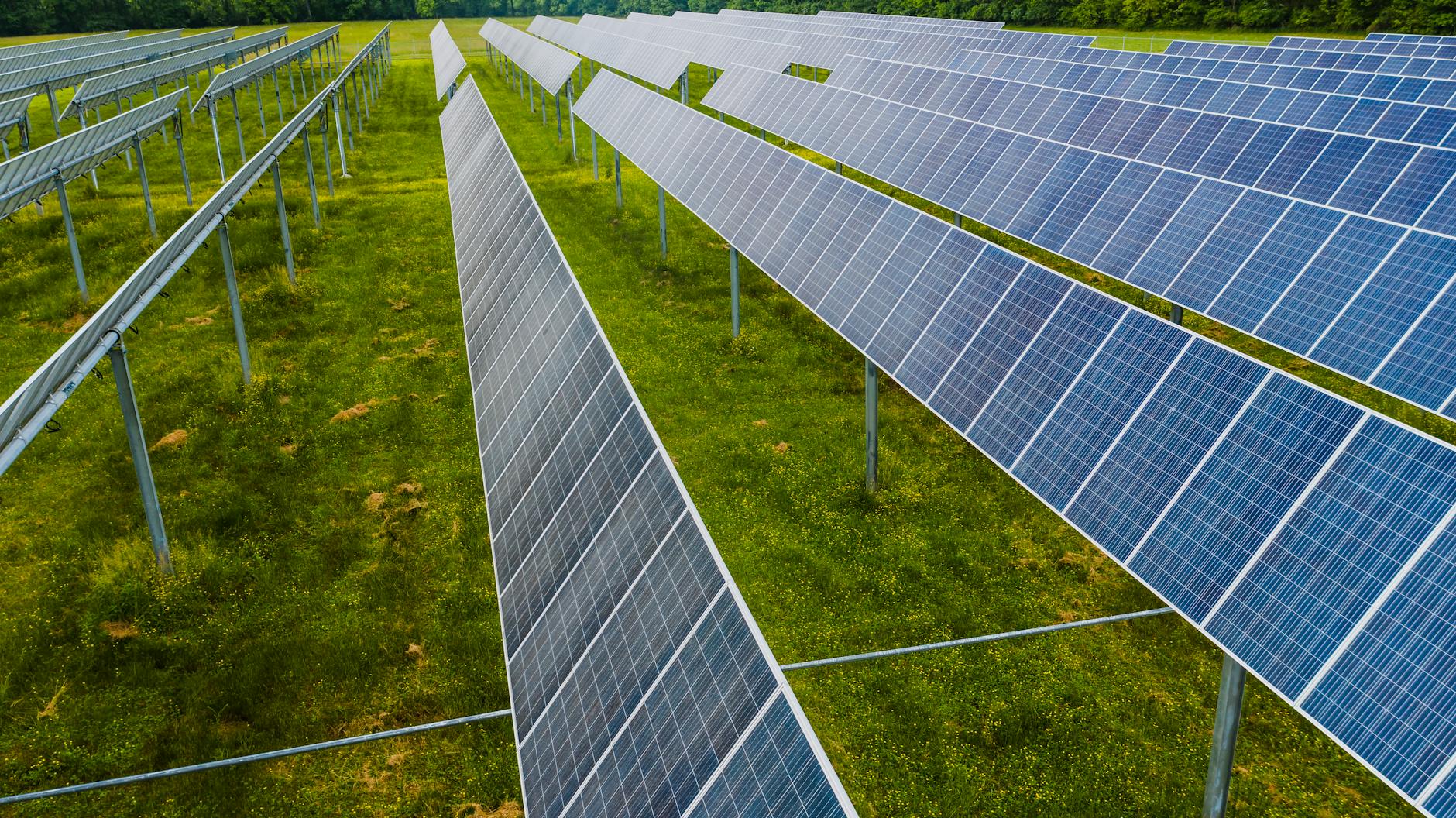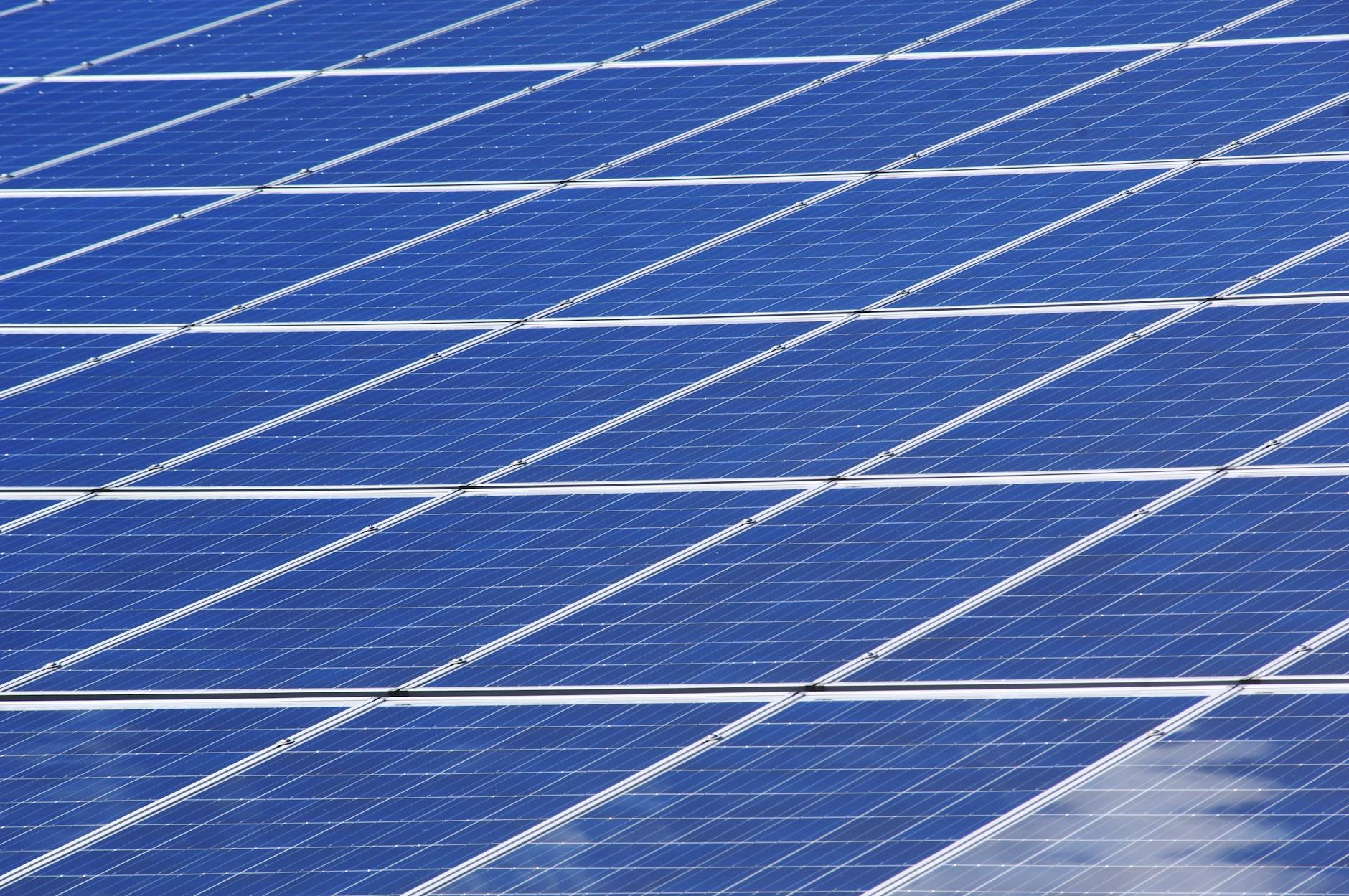With rising demands for eco-friendly changes and cost-effective solutions, equipping our boats with solar panels is becoming more prevalent. These panels offer a pathway to sustainable boating by generating clean energy while reducing reliance on traditional power sources. Say goodbye to high fuel costs and hello to greater energy independence! Those drawn towards cleaner boating methods will find solar panels especially appealing as an efficient, eco-conscious power choice that aligns with environmental conservation. Boating enthusiasts can enjoy the seamless integration of solar energy into their boats, turning each sea adventure into an opportunity to embrace environmental responsibility. Learn more about solar panels for boats in this comprehensive guide on maintaining boat engines in cold weather.
Understanding Solar Power for Boats
As boating enthusiasts continue to seek sustainable alternatives, the integration of solar power into boats has gained significant traction. Embracing solar energy allows boaters to harness the renewable power of the sun, reducing reliance on conventional fuel sources and promoting eco-friendly practices. Solar power is not only a nod to sustainability but also a practical step towards energy independence for any dedicated mariner.

What is Solar Energy?
Solar energy is the radiant light and heat harnessed from the sun, converted into usable electrical power through photovoltaic (PV) panels. The benefits are plentiful: solar energy is renewable, environmentally friendly, and cost-effective in the long run. Not to mention, it provides a silent and clean energy source compared to noisy, fuel-burning generators. So, why not transform your vessel into a solar-powered cruiser?
Learn more about solar panels and their benefits in this complete guide to marine solar systems.
Key Components of a Solar Power System
Creating an efficient solar energy setup for a boat involves several essential components. Here’s what you’ll need:
- Solar Panels: These are the core of the system, converting sunlight into electrical energy. The panels should be selected based on the boat’s energy needs and available space for installation.
- Charge Controllers: Acting as the gatekeepers, charge controllers regulate the current flowing from the panels to the batteries, preventing overcharging and ensuring safety.
- Batteries: These store solar energy for use when the sun is not shining. Choosing the right battery capacity ensures a smooth transition of power usage between daytime and nighttime or cloudy days.
- Inverters: Converting DC power stored in batteries to AC power, inverters are crucial if you need to run appliances that operate on standard AC electricity.
Explore what makes up a comprehensive solar setup in this boat solar panel guide.
Incorporating solar panels into your boat is more than an investment; it’s a commitment to sustainable and independent boating adventures. So, why not anchor in the power of the sun the next time you chart your course?
Benefits of Installing Solar Panels on a Boat
Adding solar panels to a boat offers several compelling benefits that enhance the boating experience. Not only do these panels provide a sustainable power source, but they also contribute to cost savings, independence, and reduced environmental impact. In this section, we will explore how solar panels help economize fuel, enhance self-sufficiency, and promote eco-friendly practices.

Cost Savings Over Time
One significant advantage of integrating solar panels into our boats is cost savings. By harnessing solar energy, we can reduce our reliance on fuel to power crucial systems and devices. This shift not only lowers operational costs but also cuts down on regular battery replacements. Over time, the savings can accumulate significantly, making it a cost-effective investment in boating equipment. According to BLUETTI Power, solar panels save long-term costs typically associated with frequent engine use.
Enhanced Independence and Convenience
Solar panels provide power for various gadgets and systems without needing to dock at marinas to replenish energy. This autonomy adds a layer of convenience for those who enjoy long trips out at sea or ventures to secluded areas. Boaters can rely on solar energy to operate critical devices such as GPS, navigation lights, and marine radios, offering a sense of independence rarely matched by traditional power systems. Hence, incorporating solar power fits well with boating gear essentials, supporting seamless adventures across diverse boating locations and conditions.
Environmental Impact
Solar panels represent an eco-conscious choice that aligns perfectly with boating’s natural setting. They offer an environmentally friendly means of power, minimizing reliance on fossil fuels and thereby reducing our carbon footprint. By utilizing marine solar power, we contribute to cleaner waters and a healthier planet. This approach encourages sustainable boating makeovers and harnessing self-renewable energy resources, driving forward marine conservation efforts. Emphasizing clean boating practices while reducing emissions serves the sustainability agendas of many environmental conservation advocates.
In the broader scope, installing solar panels on a boat not only elevates our ability to explore and uncover new destinations but also aligns with responsible and savvy boating practices that promise long-lasting benefits for enthusiasts and the environment. Embrace solar-powered boating and enjoy not just freedom on the water, but also peace of mind knowing you’re part of an eco-friendly movement.
Assessing Your Boat’s Solar Power Needs
Equipping a boat with solar panels requires some careful calculations to ensure all energy needs are met efficiently. Starting with energy needs assessment will pave the way for selecting the right solar power system. This groundwork is essential as we identify how to create harmonious energy solutions on the water.

Calculating Energy Consumption
When aiming for energy independence through solar panels, it’s crucial first to reckon with how much electricity different devices on board consume. This begins with listing every energy-dependent gadget, from appliances like fridges to navigation systems, and understanding their consumption in watts over a given period.
- Inventory Devices: Create a detailed list of all electronic devices onboard, noting their rated power use.
- Measure Daily Usage: Calculate the operational time of each gadget/day to get energy consumption in watt-hours. For instance, a device consuming 60 watts that’s used for 5 hours daily equates to 300 watts.
- Sum Up Total Consumption: Add up the individual watt-hour totals to determine the overall energy profile needed, making allowances for any periods you may plan to add gadgets.
For more on boat energy planning, check out this helpful guide which provides worksheets to calculate power demands accurately.
Finding the Right Solar Panel System
Once you know the watt-hours required, you can confidently venture into selecting an appropriate solar panel system. Our solar panel choice should match or exceed our consumption estimates to maintain reliable energy flow.
- Determine Solar Capacity Required: Utilize your total energy needs to determine the necessary solar wattage. An average recommendation is to account for variance in sun exposure due to weather or location.
- Select Panel Type and Size: Choose panels based on available installation space alongside power output preferences. Whether flexible or rigid panels fit your setup largely depends on deck space and durability considerations.
- Factor in Location Climate: Consider weather patterns affecting sunlight availability in regular boating areas. Solar performance will naturally vary with changes in sun angle and cloud cover.
- Other System Components: Match necessary supplementary items like inverters and controllers corresponding to your setup size and type. These can optimize efficiency and safekeeping alongside primary panels.
Explore energy independence tips with this insightful resource on boat solar panels for practical ideas and sizing guidelines.
Transitioning to solar not only enhances our sea voyage experiences but aligns with sustainable boating goals. Embrace the opportunity to blend harmonious power generation with marina adventures and freedom on open waters.
Installation Process for Solar Panels
Adding solar panels to a boat is a step towards energy independence, allowing us to cruise without constantly needing shore power or onboard generators. Let’s explore how to make this sustainable transformation.
Preparation and Planning

Before diving into installation, planning is crucial. The first step is assessing energy needs. Calculate the wattage necessary to power all onboard equipment. Based on these findings, purchase solar panels, charge controllers, wires, and mounts. Once gathered, plan the layout:
- Choose Installation Areas: Ensure panels receive maximum sunlight exposure; typically, these are elevated, unobstructed spots.
- Layout Sketch: Diagram a rough map with exact measurements to streamline installation.
Proper preparation encompasses collecting all parts; ensure no middle-of-task scrambling for missing components. Check out this easy installation guide for more insights.
Mounting the Solar Panels
The mounting phase dictates the panels’ structural integrity and efficiency. Different methods work—flexible panels may glue directly to curved surfaces, while rigid panels need mounts.
- Select MountType: Match mount ramps to deck style; gimballed mounts give flexibility through different sun angles.
- Secure with Reliable Fasteners: Use stainless steel components. Corrosion can be a persistent sea enemy; safeguarding mounts against rust elongates lifespan.
- Align for Maximum Exposure: Adjust positioning to maximize sunlight capture. Embrace response adaptability for shifting sun positions.
For helpful insights on various mounts and their characteristics, browse through Custom Marine Products.
Wiring and Connecting Components
Proper wiring is indispensable for efficiency and safety in marine solar setups. Start by connecting panels to the charge controller, ensuring voltage compatibility.
- Test Connections: Before drilling, leap into full test mode checking every reach for great electrical flow, good voltage spikes can take systems out when at sea.
- Connect to Batteries: Transfer energy to batteries directly. Position charged batteries interiors within ventail spaces avoiding contacting corrosive elements.
- Install Charge Controller: Secure charged controller beside power matrix. Align channel controllers, preventing power loss aligning legendary upkeep policies.
Following detailed plans like those outlined in this comprehensive how-to will illuminate transformative power prospects among strain-held regions!
Putting sunlight towards powering adventures fittingly aligns inefficacies, breaking through ocean ripples opening and upstream-tool-launched era possibilities, and has us aimed steadfast into boundless frugal shores sailing sea-energy Alicia Edge, glowing gliding-widehold—braving-winds sentient, recreation-fond veer.
Maintenance and Troubleshooting for Solar Power Systems
Opting for solar energy on our boats not only empowers our marine adventures but also poses unique challenges when it comes to maintenance. Much like a ship requires regular check-ups, so do solar systems to ensure they sail smoothly and do fail us not. This section dives into crucial practices for maintaining and troubleshooting solar power systems.
Regular Inspections

Just like navigating rough seas requires vigilance, maintaining a solar panel means keeping an eye on the smooth function of every component. Conducting regular inspections goes a long way in catching wear and tear before they get the better of our renewable setup.
- Visual Check-ups: Inspect panels for physical damage from rocks, debris, or birds. Even small scratches or dents might affect efficiency.
- Connection Tests: Ensure all wires and connections are snug and rust-free. Corroded connections can impede power flow.
- Controller Checks: The charge controller should have its settings reviewed regularly to ensure it’s finely tuned to your battery’s needs.
For continual performance insights, certain smart technology can monitor health, flexibility, and performance. Consider integrating solar technology to keep your system in check.
Common Issues and Solutions
Even the sun’s gift to us isn’t foolproof and can present a series of challenges. Knowing some common issues and having solutions ready keeps our energy output sunny.
- Low Output:
- Solution: Examine all physical connections first. Loose wires or shading might lead to reduced efficiency. Trim trees or reposition panels if shadows cross.
- System Shutdown:
- Solution: Check circuit breakers and fuses. A tripped breaker or a blown fuse might shut down panels until manually reset.
- Inverter Malfunction:
- Solution: Inadequate functional inverters might arise needing resetting or replacing in some cases. Important to know your inverter’s specific fault codes.
- Panel Discoloration:
- Solution: Sometimes caused by extreme weather exposure, certain panel brands may discolor over time. Generally, such conditions might warrant panel reassessment.
Enhanced solar experience isn’t difficult with a bit of patience and understanding. Investigate solid troubleshooting techniques in articles like this troubleshooting piece from Fluke for practical guides and solutions.
The effort we put into our solar systems suits our broader aims of energy independence and promotes sustainable activity on our marine adventures. Seeking the aid of professional analyses creates effective dialogue helping us ensure everything shines as obstacles enter the boat!
Conclusion and Future of Solar Power in Boating
As we continue to prioritize eco-friendly boating practices, solar panels emerge as pivotal players in achieving sustainable energy independence on water. This pushes the boating community towards a new frontier, anchored in renewable energy innovations that benefit both mariners and the environment alike.

Boating Tips for Energy-Optimized Adventures
Integrating solar power into boating opens avenues for streamlined energy usage and increases efficiency at sea. The promising potential here is ensuring boating gear operates seamlessly, reducing reliance on both onshore power and fossil fuels. Consider:
- Efficient Planning: Assess energy consumption early to choose the right solar system fit for uninterrupted journeys.
- Solar-Friendly Design: Incorporate panels creatively while maintaining navigation capabilities.
Boating Gear and Navigation Tips for Effective Solar Use
Mastery in regulating and utilizing solar-derived power plays a significant role. Solar panels smartly support boat navigation systems along with other onboard devices. For indulgence in longer sea trips:
- Battery Management: Monitor storage capacity closely, ensuring that batteries receive optimal charge.
- Navigation Systems: Keep power to vital tools like GPS or emergency radios through solar chargers, enhancing safety and independence.
Boating Safety Tips: Accelerating Towards a Greener Future
As we harness sunlight to power boating operations, boating safety benefits substantially too. Solar adoption simplifies staying power-ready, supporting voyages where traditional power support is distanced. Suggestions include:
- Regular Solar Checks: Inspect panel systems and connections periodically to secure reliability.
- Renewable Dependency: Lean on solar solutions that let us sustain boating equipment essential for smooth sailing ahead.
Imagining the Future: Embracing Eco-Conservational Initiatives
Dynamic shifts in marine conservation highlight how solar-powered boats align with deeper environmental guardianship. It’s an inspiring marriage of sustainability with boating passions, poised to influence societal norms regarding solar usage beyond navigation:
- Boating Laws and Support: Follow the debates around adopting cleaner, alternative energies and anticipate tailored legislative changes.
- Cleaner Waters Advocacy: Engage in boat storage tips, exploring improvements aligned with greener practices.
Taking the plunge into solar power for boats encourages an embrace of cleaner technologies, promising picturesque horizons underpinned by innovation and ecological mindfulness. Expanding possibilities redefine boating engagements, charting courses to fuel freshwater fishing tips ethically intertwined with preserving nature’s beauty.
